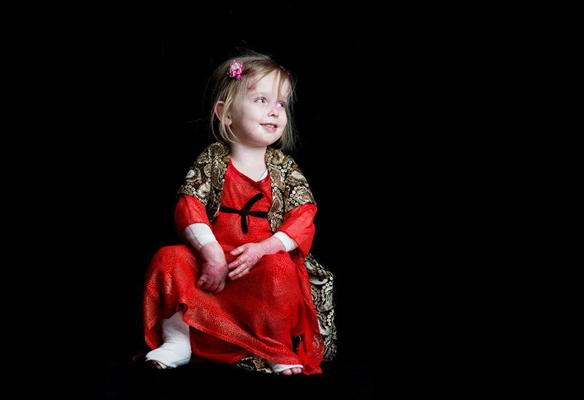The Iranian Ministry of Health and Medical Education has, so far, been purchasing the dressings from a Swedish company annually and providing patients with them free of charge.
As Washington’s unfair sanctions against Iran began to go into effect last year, the company has refused to sell the dressings to Iran. No suitable replacement has been found for the dressing, yet.
This comes as the United States claims its sanctions do not include the medical sector. And that is how the Europeans, especially the Swedish, who claim to be supporters of human rights, are playing with the lives of Iranian children suffering from epidermolysis bullosa.
Epidermolysis bullosa, or EB, is a rare genetic connective tissue disorder. There is no treatment or cure. There are many genetic and symptomatic variations of EB, but all share the prominent symptom of extremely fragile skin that blisters and tears from minor friction or trauma. Internal organs and bodily systems can also be seriously affected by the disease. EB is always painful, often pervasive and debilitating, and is in some cases lethal before the age of 30. EB affects both genders and every racial and ethnic background equally. Daily wound care, pain management, and protective bandaging are the only options available for people with EB.
